Trauma Counselling Vancouver
Therapy for Trauma, PTSD, and Complex Trauma
When you’ve experienced trauma, it can feel like the past is still living in your body. Certain memories, feelings, or even everyday situations can bring waves of fear, numbness, or distress, often without warning. And while others may tell you to “move on,” we understand that healing from trauma takes time, care, and the right kind of support. Get matched with an ARC therapist who will help you process what happened, so you can feel safe in your body and life again.
Is trauma still affecting your daily life?
Trauma doesn’t always show up the ways you might expect. Whether the trauma happened recently or years ago, its effects can be deeply embedded in your thoughts, emotions, and nervous system. You might look fine on the outside but still feel on edge, disconnected, or overwhelmed inside.
Here are some common ways unresolved trauma may be showing up in your life:
- Intrusive memories, flashbacks, or nightmares
- Feeling constantly on edge or easily startled
- Avoiding people, places, or situations that remind you of the trauma
- Feeling emotionally numb or disconnected from others
- Difficulty trusting people or forming close relationships
- Shame, guilt, or self-blame related to what happened
- Physical symptoms like tension, nausea, or difficulty sleeping
- Sudden waves of panic, anger, or sadness without a clear reason
How trauma therapy can help
Trauma can leave you feeling stuck in survival mode, but therapy can help you move through it and begin to heal. With the right support, your nervous system can calm, your thoughts can become clearer, and your sense of safety can begin to return.
Your ARC therapist will help you:
Process and make sense of your experiences at a pace that feels safe
Understand how trauma may be affecting your nervous system, body, emotions, and relationships
Learn tools to manage flashbacks, anxiety, dissociation, and physical symptoms like tension or fatigue
Reconnect with your body and begin to feel safe in it again
Work through painful beliefs tied to shame, guilt, or feeling “not enough”
Strengthen self-trust, boundaries, and a sense of emotional safety
Restore connection – with yourself, with others, and with life beyond the trauma
Let’s heal through this together
At ARC, we understand that trauma can leave you feeling overwhelmed, disconnected, and stuck in the past. But you don’t have to carry it alone. Our counsellors provide thoughtful, compassionate support to help you process what’s happened and move towards healing – at your own pace.
Therapy isn’t about reliving the pain. It’s about finding safety and strength in the present, and hope for what’s ahead. Reach out today to book your free 30-minute consultation.
Meet Our Vancouver Therapists

Tianna Bobariu
Registered Clinical Counsellor (RCC)

Amenda Kumar
Registered Social Worker (RSW)
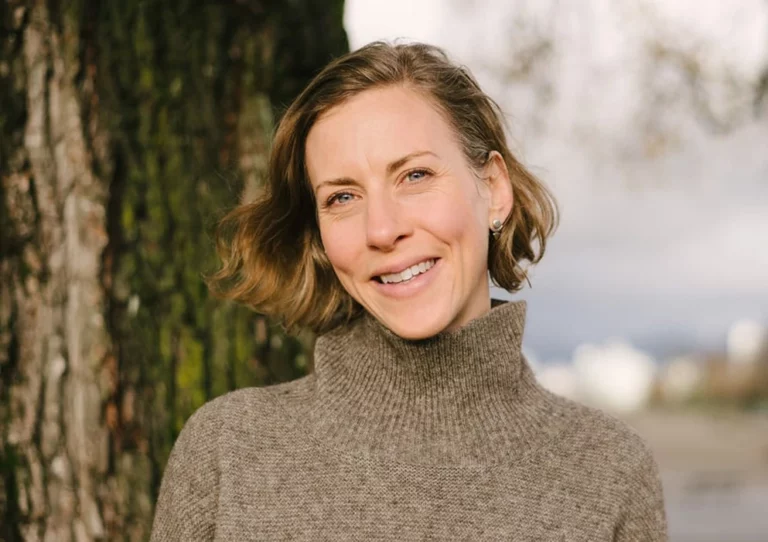
Kristen Rattray
Registered Clinical Counsellor (RCC)
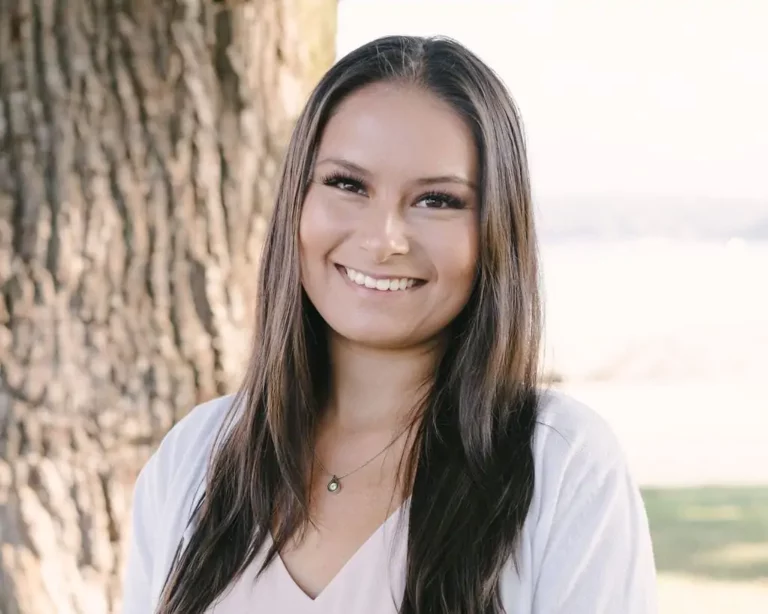
Kiana Maeda
Registered Clinical Counsellor (RCC)

Jack Wong
Registered Social Worker (RSW)
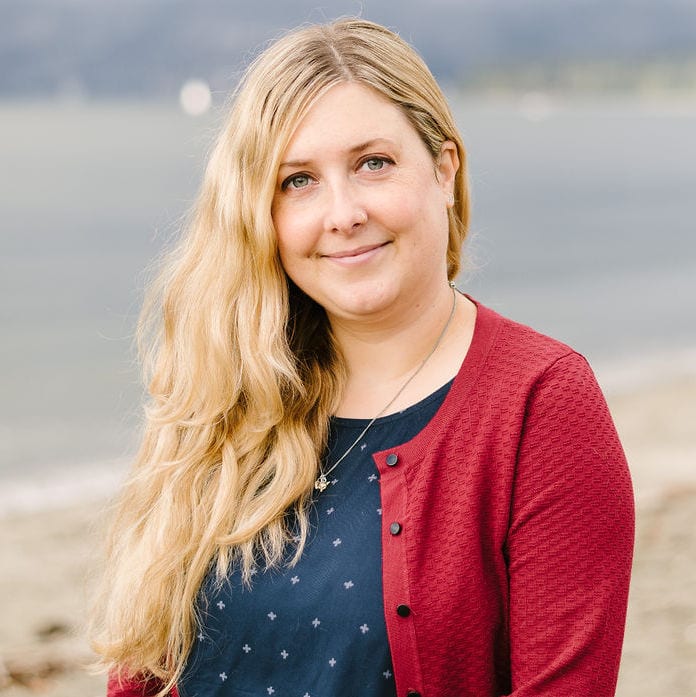
Danielle Simpson
Registered Clinical Counsellor (RCC)
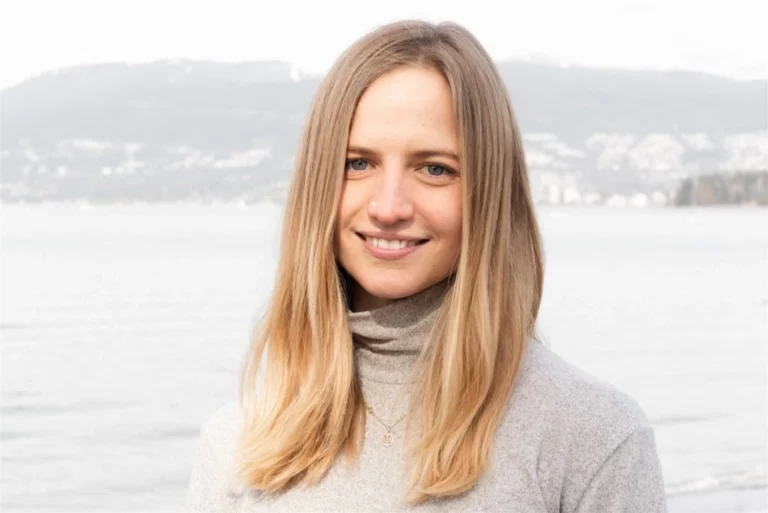
Elise Millett
Registered Social Worker (RSW)

Lilian Wang
Registered Clinical Counsellor (RCC)
Getting The Help You Need is Easy
Reach Out
Fill out our easy contact form. All we need is your basic info, and a few words about what brings you to therapy.
Free Consultation
We’ll reach out to schedule your complimentary consultation. We’ll discuss your goals, questions, and make sure we’re the right fit.
Start Therapy
Feeling ready? We’ll book your first session and create a personalized plan to help you live the life you deserve.
What to Expect in Trauma Counselling
Creating Safety
Trauma healing starts with trust. We’ll start by creating a space where you feel supported and in control. In these early sessions, we’ll get to know your story and explore what helps you feel safe enough to begin the work.
Understanding Your Responses
Trauma can affect your thoughts, emotions, memory, and body in ways that are often confusing. Together, we’ll explore how your mind and body have adapted to survive, and begin to name the patterns that are still impacting you today, even if the danger has passed.
Building Grounding & Coping Skills
Before diving into the past, we'll help you learn tools to regulate your nervous system and reduce emotional overwhelm. These may include breathwork, visualization, or sensory strategies to help you stay anchored in the present moment when distress arises.
Processing the Trauma
Only when you feel ready, we’ll begin working more directly with the trauma itself. This may involve talking through aspects of the experience, using techniques like cognitive reframing or, for some clients, EMDR. You’ll never be pushed to share more than you feel safe doing.
Reclaiming Your Story
As your relationship to the trauma changes, we’ll support you in releasing blame, softening shame, and reconnecting with a fuller sense of who you are beyond what happened. Therapy becomes a space for rebuilding trust in yourself and your ability to move forward.
Looking Ahead
In later stages of therapy, our focus shifts toward integrating the progress you’ve made. This might include strengthening relationships, deepening self-compassion, and exploring what a more peaceful, connected life looks like.
Frequently Asked Questions
How do I know if trauma counselling is right for me?
If you’ve experienced something that still affects your thoughts, emotions, body, or relationships, therapy may help. Trauma doesn’t always look like flashbacks or nightmares—it can show up as anxiety, numbness, irritability, difficulty trusting others, or feeling disconnected from yourself. If something in you feels “stuck,” trauma therapy can support your healing.
Will I have to talk about everything that happened?
Not unless you want to. Trauma therapy is not about recounting every detail. Your therapist will go at your pace and focus on creating safety first. There are many ways to work with trauma that don’t require re-telling the entire story—just being present with what’s showing up now.
Can therapy help if the trauma happened a long time ago?
Yes. Many people come to therapy years—or even decades—after the event. Trauma can stay stored in the body and nervous system until it’s processed. With the right support, healing is possible no matter how much time has passed.
What if I don’t remember everything clearly?
That’s completely okay. Trauma memories are often fragmented or blurry, and that doesn’t make your experience any less valid. Therapy focuses on your present-day symptoms and responses, not just the story. We work with what’s here now.
What types of therapy do you use for trauma?
We draw from evidence-based approaches including Cognitive Behavioural Therapy (CBT), Emotion-Focused Therapy (EFT), Acceptance and Commitment Therapy (ACT), and EMDR. These therapies support emotional processing, nervous system regulation, and deeper healing in different ways. Your therapist will tailor the approach to your needs and preferences.
What if I've experienced developmental or complex trauma?
We understand that trauma isn’t always about one specific event. Long-term, relational, or childhood trauma can shape your nervous system, sense of self, and relationships. Our therapists are trained to work with complex trauma and attachment wounds in a way that is gentle, respectful, and personalized to support your unique needs.
What if trauma therapy makes me feel worse?
It’s not uncommon to feel more emotionally stirred at times during trauma work—but that doesn’t mean therapy is causing harm. Healing often involves reconnecting with difficult feelings that were once pushed aside or buried. At ARC, we approach this work gently, at your pace, and always with a focus on safety. Your therapist will help you build grounding tools, track how you’re feeling, and adjust the process as needed. If things feel overwhelming, we slow down together. The goal isn’t to push through—it’s to support your healing in a way that feels sustainable and empowering.
How long does trauma therapy take?
Everyone’s journey is different. Some clients feel significant relief within a few months, while others choose to engage in longer-term work to process deeper wounds. We’ll collaborate on goals and check in regularly. There’s no pressure to “move on”—you set the pace.
How will I fit appointments into my busy schedule?
We understand that life is hectic—that’s why we offer flexible evening and weekend appointments, as well as online therapy options you can attend from home. Whether you prefer a consistent weekly time or need a bit more flexibility, we’ll work with you to find a schedule that supports your goals and respects your time.
Is trauma therapy covered by insurance?
Yes. Most extended health plans cover counselling with a Registered Clinical Counsellor (RCC). We’ll provide a receipt that you can submit for reimbursement—many clients receive reimbursement within a few business days.
What if I'm nervous to start therapy for trauma?
That’s completely normal—many people feel unsure or anxious about beginning trauma therapy. Talking about painful experiences can feel intimidating, especially if you’ve never done it before or if you’ve felt misunderstood in the past. At ARC, we’ll go at your pace. The first sessions are focused on building safety, trust, and connection—not diving into trauma right away. You’ll never be pressured to share more than you’re ready for. We also offer a free 30-minute consultation so you can meet your therapist and see how it feels before making any commitments.
A Message of Support from Our Director
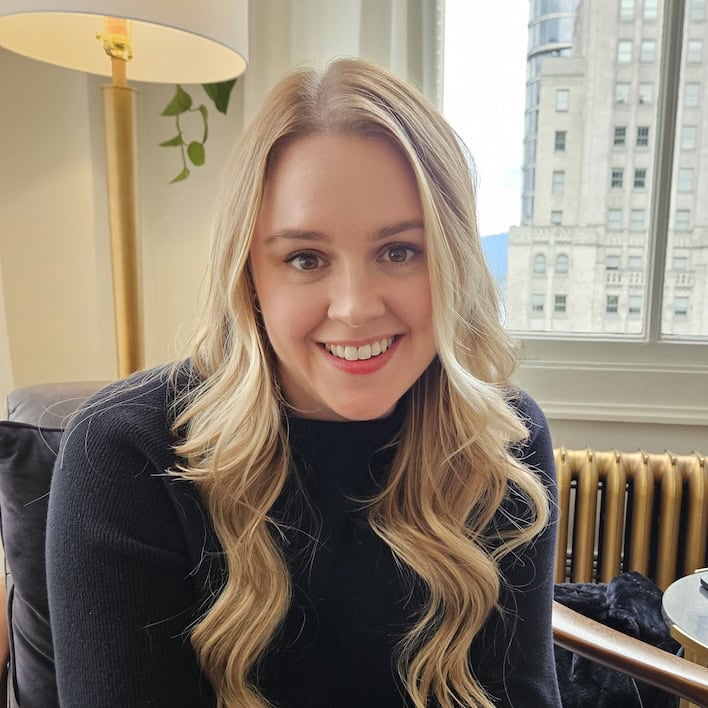
Hi, I’m Kelsey, the Clinical Director here at ARC. I want to start by saying something that doesn’t get said enough – it’s okay to need support.
If you’re reading this, you might be feeling overwhelmed, stuck, or simply not yourself. At ARC, we understand how deeply personal it is to reach out for help. That’s why we’re so intentional about the care we offer. Every therapist on our team is here because they lead with heart, bring strong clinical training, and truly care about helping people feel better.
We also know that feeling safe in therapy means feeling seen and respected. That’s why we’re committed to creating an inclusive space – one that honours your identity, your culture, and your lived experience.
My role is to make sure your experience here is thoughtful, safe, and meaningful – from your very first point of contact to the support you receive in therapy. If you’re unsure about where to start, I encourage you to reach out for a free consultation. I’ll personally take the time to read your request and match you with one of the therapists on our team.
You’ve already taken the first step by being here. When you’re feeling ready, take the next step by reaching out – and we’ll walk the rest of the way together.
Take the next step towards feeling better today

Location
470 Granville St, #922
Vancouver, BC, V6C 1V5
Our Hours
Mon – Fri: 09:00 – 21:30
Sat – Sun: 09:00 – 20:30
